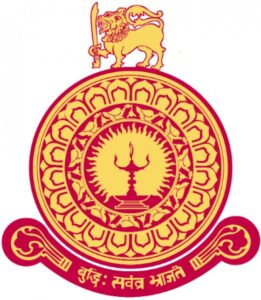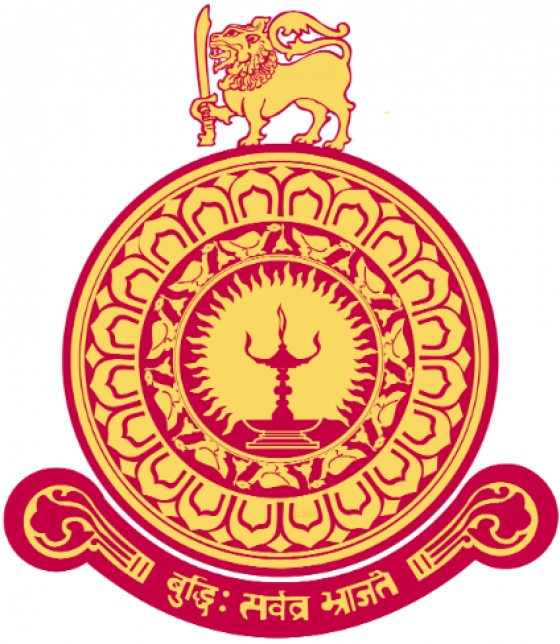Controversy Erupts Over Alternative LLB Exams for OUSL Students
Local students at the Open University of Sri Lanka (OUSL) are voicing strong objections to a recent decision by Vice Chancellor Prof. P.M.C. Thilekeratne to hold alternative examinations for the final LLB degree in London and New York. This move, initiated at the request of Sri Lankan diplomats, has sparked widespread discontent among students.

The alternative examinations, which are set to be held in London and New York, are being organized following requests from the Sri Lankan Deputy High Commissioner in London and the Permanent Representative to the United Nations. The exact dates for these exams have not yet been finalized. Traditionally, OUSL does not accommodate alternative examinations unless there are unavoidable circumstances. Prof. Thilekeratne explained to the Daily Mirror that the decision was made in response to logistical challenges outlined by the diplomats.
According to Prof. Thilekeratne, the Deputy High Commissioner in London argued that holding the exams at 9:30 a.m. Sri Lankan time—4:00 a.m. in the UK—would incur additional costs due to the need for early staff mobilization, heating, and transportation. Similarly, the time difference with New York contributed to the request for a more convenient exam schedule. Prof. Thilekeratne mentioned that he must comply with requests from high-ranking officials and suggested that future exams might incorporate digital solutions like Artificial Intelligence to address such issues.
The final LLB exams for the 2022/2023 academic year were scheduled from March 19 to April 7, 2024. A fax dated March 18, 2024, from the Deputy High Commissioner to the Secretary of Foreign Affairs outlined the difficulties faced by the High Commission in conducting exams at such early hours. The fax also indicated that the VC had promised to discuss the issue with the Senate and seek a solution.
OUSL’s by-laws, specifically Section B25.2, state that exams should be held at the same time as in Sri Lanka, regardless of the time difference. This means that while exams can be held abroad, they must be concurrent with those in Sri Lanka, not at a separate time. The VC’s decision to hold alternative exams contradicts this provision, causing concern among students who believe it sets a problematic precedent.
Critics argue that this decision could lead to future demands for alternative exams based on similar requests from high-ranking officials. They point out that the VC’s decision deviates from established procedures, which require consultations with the Head of the Department, the Faculty Board, and the Senate before making such changes.
The Head of Legal Studies, Prof. Sanath Wijesinghe, expressed reservations in a memo dated April 2, 2024, emphasizing that conducting alternative exams on an ad-hoc basis is problematic and should not become a norm. This memo underscores the unusual nature of the current situation, highlighting that such requests are unprecedented.
Attempts to reach Prof. Wijesinghe for further comment have been unsuccessful. The controversy continues to unfold as students and faculty grapple with the implications of this decision.







